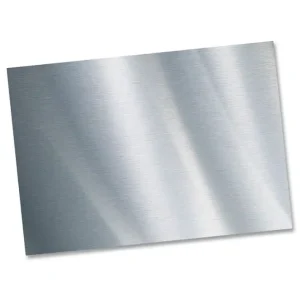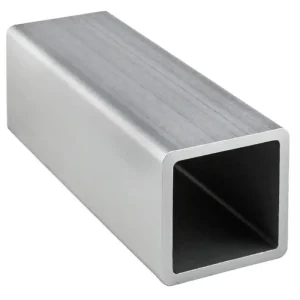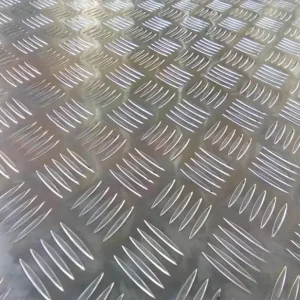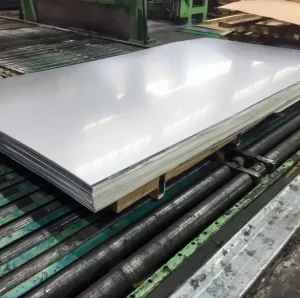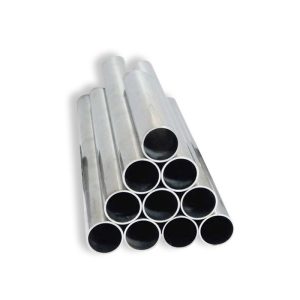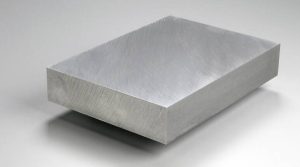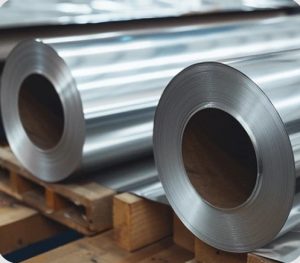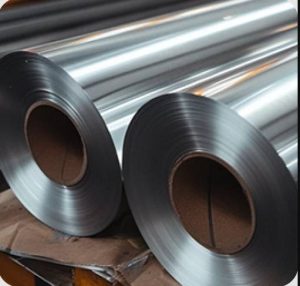Aluminium tube prices are dynamic and influenced by a multitude of factors, meaning a fixed “price list” is often a general guideline rather than an exact quote. For precise costing, detailed specifications are always required.
Key Factors Influencing Aluminium Tube Prices
Understanding these elements will help you interpret any price list or quotation you receive:
- Alloy Grade: Different aluminium alloys (e.g., 6061, 6063, 7075) have varying compositions and manufacturing costs. Common alloys like 6063 are generally more cost-effective than high-strength alloys like 7075.
- Temper: The temper (e.g., T4, T5, T6) signifies the heat treatment process and affects the mechanical properties and price. T6, for instance, often involves more processing.
- Dimensions: This includes outer diameter (OD), wall thickness (WT), and length. Larger dimensions or non-standard sizes typically incur higher costs due to material usage and manufacturing complexity.
- Order Quantity: Bulk orders usually benefit from volume discounts. Smaller, custom orders may have higher per-unit prices.
- Surface Finish: Mill finish is the most basic. Additional treatments like anodizing, powder coating, or polishing will add to the cost.
- Manufacturing Process: Extruded tubes are common, but drawn tubes (for tighter tolerances) can be more expensive.
- Market Conditions: Prices are subject to fluctuations in the global aluminium market (e.g., LME aluminium prices), currency exchange rates, and regional supply and demand.
- Supplier: Different manufacturers and distributors will have varying price structures. Reputable suppliers such as Shanxi Luokaiwei Steel Company often provide competitive pricing based on consistent quality and service.
Obtaining an Accurate Price
To get an accurate price for aluminium tubes, it is essential to provide potential suppliers with comprehensive details of your requirements. This typically includes:
- The specific alloy and temper.
- Exact dimensions (OD, WT, length) and required tolerances.
- The total quantity needed.
- Any specific surface finish or secondary processing requirements.
- Intended application, which can sometimes help suppliers recommend the most cost-effective solution.
Many companies, including established firms like Shanxi Luokaiwei Steel Company, will offer quotations based on these specific inputs rather than a generic price list. This ensures the pricing reflects the actual product being ordered.
Understanding Price Lists
If you encounter a general price list, it will likely be for standard sizes and common alloys. These lists should be used as an initial reference. Always confirm current pricing and availability before making purchasing decisions. For specialized requirements or large-scale projects, directly contacting suppliers is crucial. Suppliers like Shanxi Luokaiwei Steel Company can often provide detailed breakdowns for complex orders, including tooling costs if custom extrusion dies are needed.
Ultimately, while a general price list can offer a preliminary idea, direct engagement with suppliers is key to securing accurate and competitive pricing for aluminium tubes. For reliable supply and transparent cost structures, partnering with experienced manufacturers like Shanxi Luokaiwei Steel Company is advisable to ensure you receive products that meet your specifications at a fair market price.



